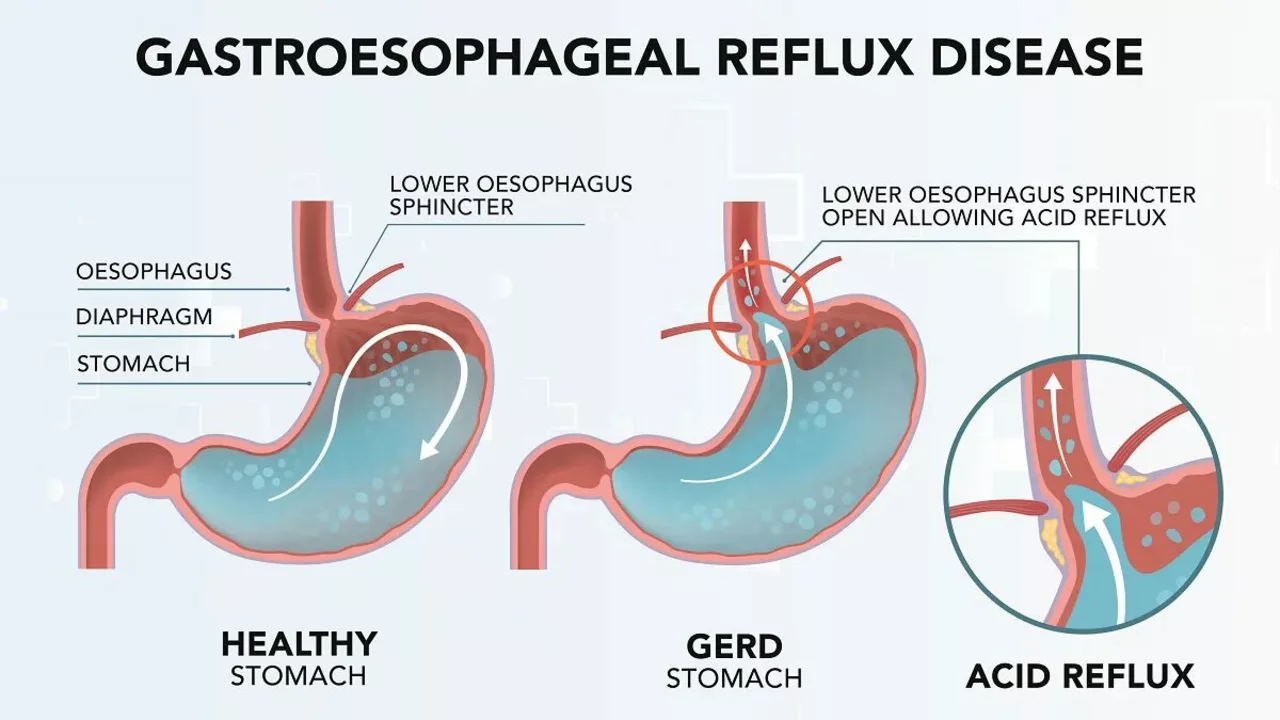Zollinger-Ellison Syndrome: Understanding This Rare Stomach Condition
If you’ve ever dealt with stomach ulcers that just won’t quit or intense acid reflux, Zollinger-Ellison syndrome might be something to keep on your radar. It's a rare but serious condition that revolves around tumors, called gastrinomas, producing too much of a hormone named gastrin. This hormone tells your stomach to pump out acid, and too much acid can wreck havoc on your digestive tract.
So what happens in Zollinger-Ellison syndrome? These gastrinomas generally grow in the pancreas or the duodenum — that's the first part of your small intestine. The excess gastrin floods your stomach, cranking acid levels up way beyond normal. This extra acid can lead to painful ulcers, diarrhea, and other uncomfortable digestive issues that just don’t go away easily.
How Do You Spot Zollinger-Ellison Syndrome?
Spotting this syndrome can be tricky because its symptoms closely mimic more common problems like gastroesophageal reflux disease (GERD) or typical ulcers. You might experience stomach pain, frequent heartburn, and bouts of diarrhea. If these symptoms linger despite treatment, it’s worth talking to a doctor about testing for Zollinger-Ellison syndrome.
The main way to diagnose it is through blood tests that measure gastrin levels and stomach acid output. Imaging studies, like CT scans or MRIs, can help find those pesky gastrinomas. If detected early, treatment can be effective in managing symptoms and reducing acid production.
Treatment and Living with Zollinger-Ellison Syndrome
Treatment usually involves medications that block acid production — proton pump inhibitors are a big help here. In some cases, surgery to remove gastrinomas might be necessary. Regular monitoring is important since these tumors can sometimes spread or cause complications.
Living with Zollinger-Ellison syndrome means working closely with your healthcare team. Adjusting your diet and avoiding foods that irritate your stomach can ease symptoms. Also, staying alert to new or worsening symptoms ensures prompt action and keeps your digestive health in check.
If you suspect something fishy with your stomach or if acid-related symptoms won’t quit, don't brush it off. Early checkups can make all the difference with Zollinger-Ellison syndrome.

